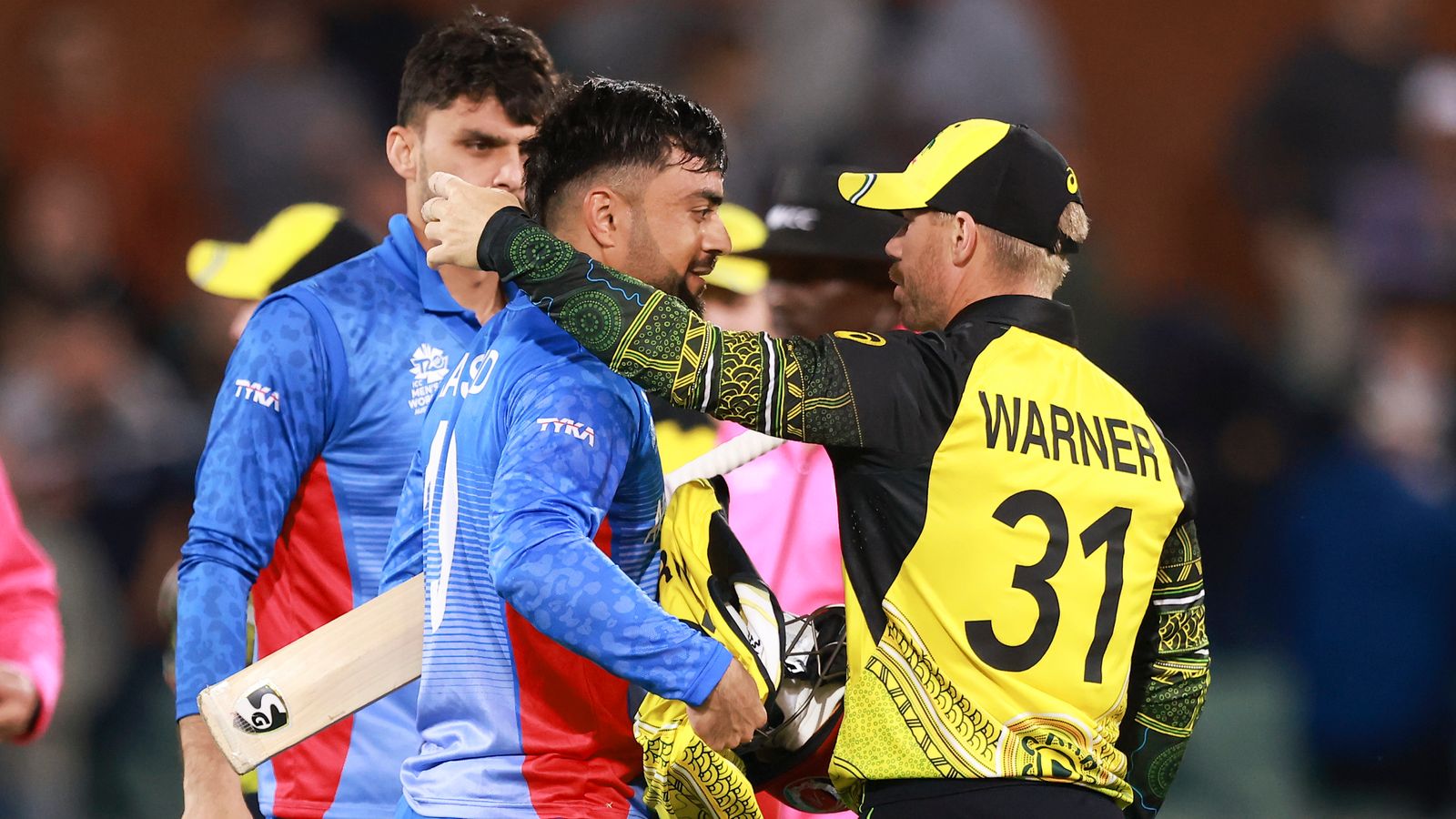Australia men’s cricket team cancels Afghanistan matches over Taliban restrictions on women and girls’ freedoms

Australia men’s cricket team has pulled out of matches against Afghanistan over the Taliban’s restrictions on the freedoms of women and girls.
The sides were due to play a series of three one-day international (ODI) matches in the UAE in March.
But a statement released by Cricket Australia said it was “committed to supporting growing the game for women and men around the world, including in Afghanistan, and will continue to engage with the Afghanistan Cricket Board in anticipation of improved conditions for women and girls in the country”.
“We thank the Australian government for its support on this matter,” it added.
It comes after the ruling Taliban announced in late December that it was banning female students from universities in Afghanistan with immediate effect.
A letter, confirmed by a spokesperson for the higher education ministry, instructed Afghan public and private universities to suspend access to female students until further notice in accordance with a cabinet decision.
The announcement prompted widespread condemnation from countries across the world amid growing concerns within the international community, which has not officially recognised the de facto administration.
That followed a U-turn from the Taliban last March on the opening of all middle and high schools to girls.
The UN secretary-general’s special representative for Afghanistan, Roza Otunbayeva, previously said the closure of schools had “undermined” the Taliban administration’s relationship with the international community.
Advertisement
Read more:
Taliban ‘trying to erase women’ from society
Taliban ban on women workers
Taliban ban Afghan women from working at NGOs
Please use Chrome browser for a more accessible video player
5:07
Afghan women urge world to help
Speaking at a UN Security Council session on Afghanistan, she said: “As long as girls remain excluded from school and the de facto authorities continue to disregard other stated concerns of the international community, we remain at something of an impasse.”
US Deputy UN Ambassador Robert Wood has said: “The Taliban cannot expect to be a legitimate member of the international community until they respect the rights of all Afghans, especially the human rights and fundamental freedom of women and girls.”
In a three-part Sky News documentary at the beginning of December, special correspondent Alex Crawford examined the fight for women’s rights in one of the world’s most oppressive regimes.
More than a year since the Taliban took back control of Afghanistan, Women at War: Afghanistan, made contact with the informal networks of women’s resistance groups struggling to maintain their basic human rights, their freedom and their identity.
